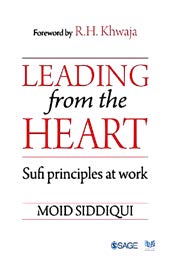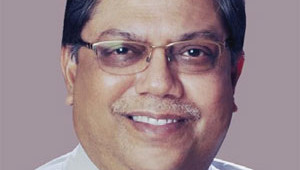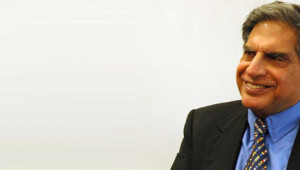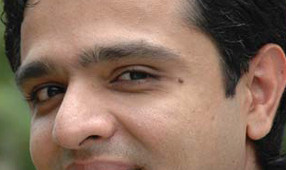 What’s the central message in your book?
What’s the central message in your book?
I have quoted Lee Kuan Yew’s political will for ‘Zero Tolerance to Corruption’. He made many sacrifices to build Singapore as an honest country. Today Singapore finds place in the list of first three least-corrupt countries of the world. He and his successors didn’t use any magic wand; they simply displayed their conviction in their political will.
Where does India stand in that list? Among the top twenty most corrupt countries! I don’t see any such political will in Indian political leaders. To my mind, in today’s Corporate India ‘Spirituality’ and ‘Leadership’ are like two step sisters who do not dwell together.
To my mind, profit is residue, not the purpose of being of any business house! One of the blunders, which we often commit, is measuring everything, even the softer aspects and intangible aspects of life and business. We tend to measure and quantify ‘intelligence’ in terms of ‘IQ’ (Intelligence Quotient) Emotions as ‘EQ’ (Emotional Quotient) and Spirit as ”SQ (Spiritual Quotient)! An aspect or thing, which cannot even be explained in words we tend to measure it! Even sages and prophets didn’t know the meaning of ‘Soul’ and ‘Spirit’. I am a firm believer that the hard tools cannot measure the softer aspects of life or business.
Yes, many studies have proved that life of ‘valuebased’ and visionary companies last much longer than ordinary companies.
The following Zen saying provides answer to your query: “When you accumulate virtue with continued practices, you do not see the good of it, but in time it will function. If you abandon right and go against truth, you do not see the evil of it, but in time you will perish.”
Sufism is a nice blend of religion and common life practice. How does it relate to business?
Yes, I fully agree with you – Sufism is a nice blend of spirituality and common life practices. Sufism is fully laden with values, virtue and wisdom. Before I respond to your specific query about 3 P’s – People, Planet and Profits – I would like to mention about Ford’s 3 P’s! During mid 20th century when Ford Motors started bleeding, some of the old employees told the management that Henry Ford’s 3 P’s seem to be standing on its head with focus on Profit, followed by Product, pushing People to the last.
The sequence that Henry Ford had suggested was People first, followed by Product, keeping Profit in the last. When this wisdom dawned, corrections were made with Profits as the last priority, the company started showing improvement. For this reason I maintain and say, ‘Profit is the residue’.
Quakers in the US seem to have blended the two well. What can Indian CEOs learn from them?
To my understanding Quakers or Quakerism is more religious mission with focus on Christianity, though they claim to be Universalists. To my mind, Indians enjoy rich heritage being part of Asian continent. Asia, that includes Middle East, is the fountainhead of all the major religions of the world. Not a single religion has come through Western countries. In that sense Asia is the real Spiritual Pot. West promotes materialistic society. For Instance, East Asian societies used to keep focus on ‘Processes’ rather than ‘Results’. Once your processes are right, results are bound to come. But today we lost that focus under the Western influence.
The scripture makes it absolutely clear that we should do our duties without keeping in mind the greed of fruits (results) for fruits are not in the hands of human beings; Only the Supreme Being has the power to give the fruits. To my mind any business must stand to serve society and mankind in one way or other.











Recent Comments